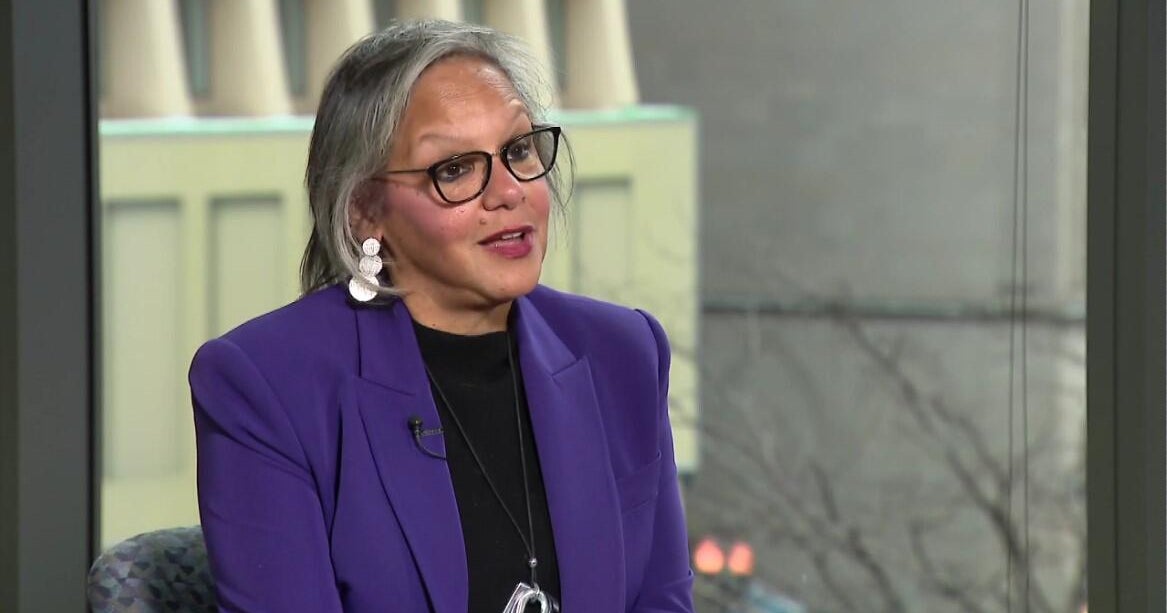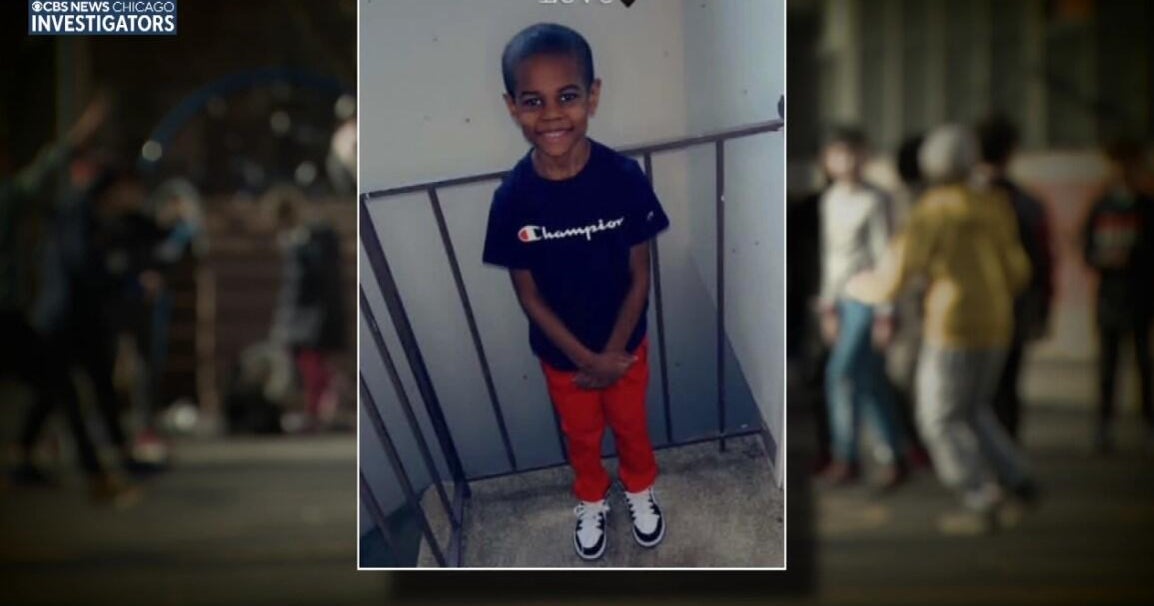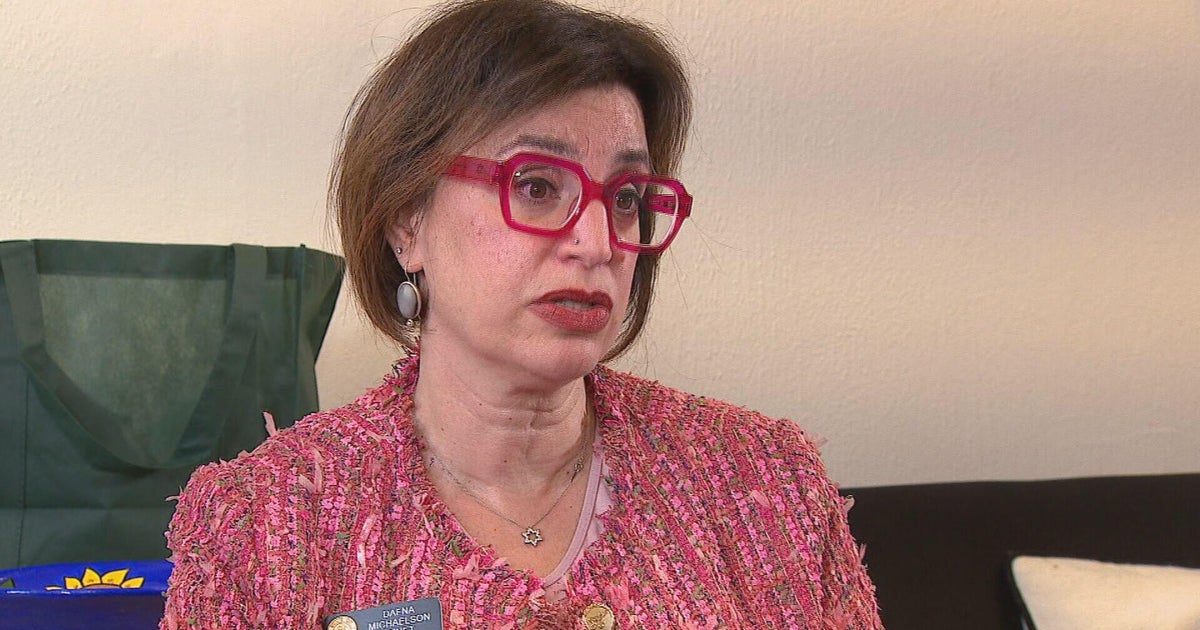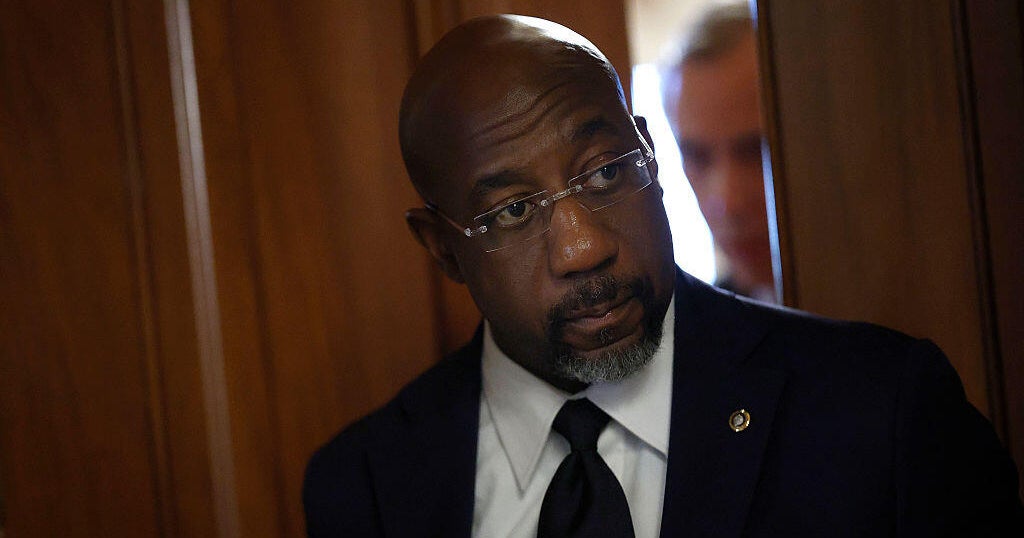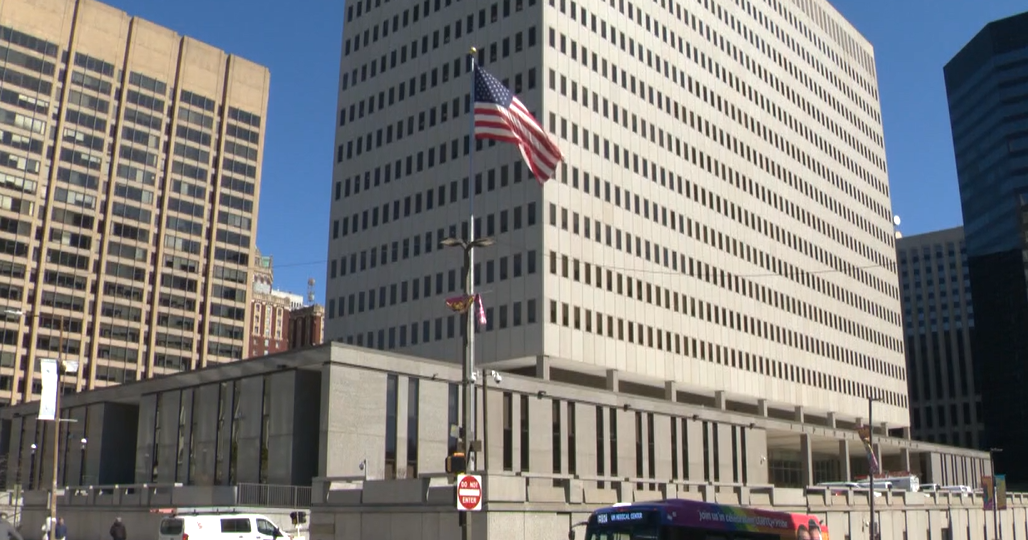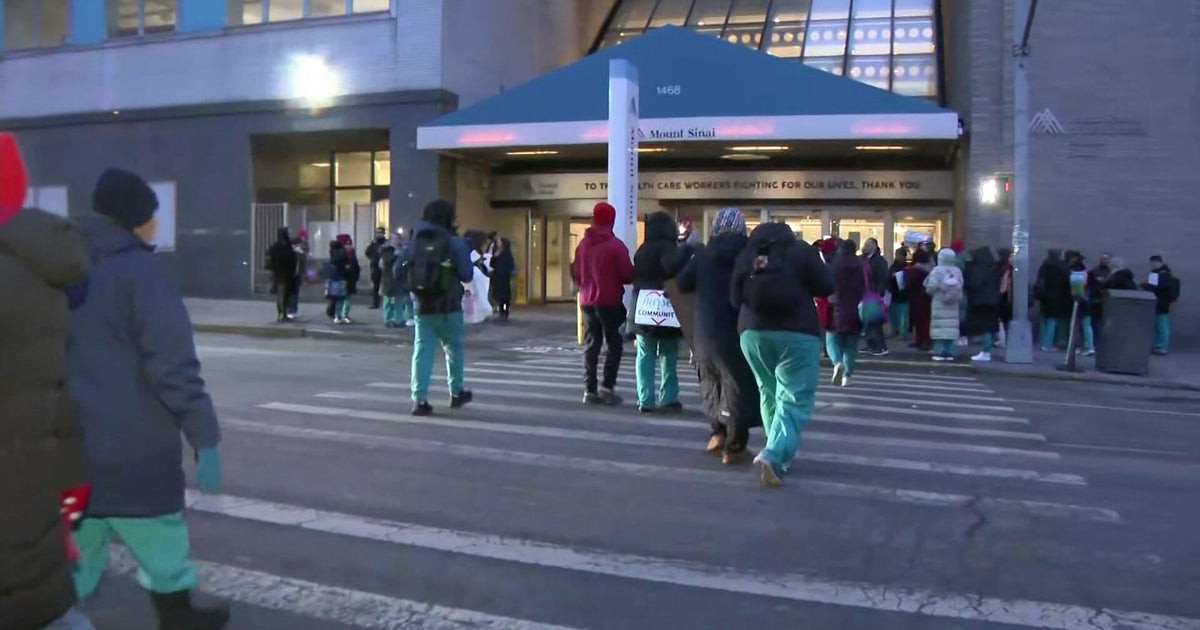Senate Working To Improve Odds For Gambling Expansion
SPRINGFIELD, Ill. (AP) -- Supporters of a proposal to expand gambling in Illinois are tweaking the legislation in hopes of improving its chances with the Legislature and Gov. Pat Quinn, who has vetoed two previous proposals and says he still has concerns.
Sen. President John Cullerton, D-Chicago, plans to strip language that would legalize Internet gambling from the bill, his spokeswoman Rikeesha Phelon said Thursday. She said it had become clear that the governor and some legislators who supported previous gambling bills had concerns that could derail passage of the larger package. Cullerton plans to introduce Internet gambling as a separate measure.
The Senate also could consider amendments to address questions from the chairman of the Illinois Gaming Board, which regulates gambling.
The changes are just the latest step in a yearslong effort to get a bill signed and provide a new source of revenue to a state in financial crisis. Proponents estimate the expansion could generate between $400 million and $1 billion per year.
The legislation would add casinos in Chicago, Danville, Rockford, Chicago's south suburbs and Lake County. It also allows slot machines at racetracks, with 1,200 machines to be located in Cook County and an additional 900 outside the county's boundaries. The Chicago casino licensee would be allowed to apply for up to 4,000 slot machines that could be operated at Midway and O'Hare international airports.
Casinos and racetracks with slot machines also would have been able to apply for a license to operate Internet gambling under a provision that was inserted into the latest version of the bill.
Quinn said earlier this month the Internet gambling language hadn't had a proper review and that he was "not excited about it at all."
"We've got to be careful here," the Chicago Democrat said. "This needs to be analyzed very carefully. We just can't pass things willy-nilly."
Quinn vetoed the previous gambling bills because he said they didn't include enough ethical safeguards and he wanted to ensure new revenue went to education.
Lawmakers made some changes to address those issues. The current bill bans campaign donations by gaming licensees and creates a new executive inspector general for gaming. It also calls for the bulk of revenues from brick-and-mortar gambling to go to education.
Even without Internet gambling, Illinois Gaming Board Chairman Aaron Jaffe said he continues to have concerns, mainly about oversight of the proposed city-owned casino in Chicago.
He and members of the Senate Executive Committee considering the proposal argued over the issue during an often-heated hearing earlier this month. Several committee members said his concerns are unfounded, and Jaffe has had to counter claims that he's just simply anti-gambling.
He told The Associated Press that he's since submitted a memo to the committee outlining his concerns, including a license for the Chicago casino that he said will never expire and cannot be revoked, unlike other casinos.
"What control do we really have over them?" Jaffe said.
Phelon said the legislation creates two licenses for Chicago: one for an authority that would be created to own the casino and another for the casino operator's license. While the authority to own a license would be permanent, the casino operator's license would be up for renewal every four years and could be revoked.
Jaffe also is worried about quick turnarounds for the expansion and staffing shortages for the board, which has roughly 200 employees. He said it needs 350 to make any of the changes.
The Senate Executive Committee could take up the bill again as early as next week. The measure still would have to go to the Senate floor before moving to the House.
(TM and © Copyright 2013 The Associated Press. All Rights Reserved. This material may not be published, broadcast, rewritten or redistributed.)
